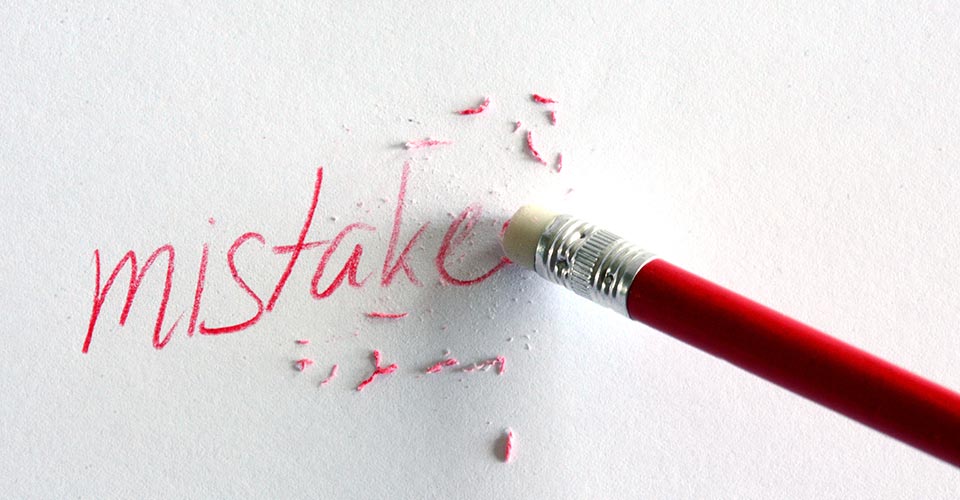BLOG
Understanding Expungement and How It Applies to You

Do you have an arrest or criminal record that you feel is unfairly getting in the way of moving forward in your life? Certain legal records can negatively impact your ability to find employment or even housing. Depending on the circumstances involving your case, you might be eligible to have your records expunged, and in some situations, it’s the best decision for protecting your future.
What Is Expungement?
Expungement, or expunction, is the process of a legal record of arrest or criminal conviction becoming “sealed”. This means that in the eyes of the law, your record is essentially erased, although it’s still available to specific legal agencies.
When a conviction is expunged, it basically means that it has been sealed or erased from your record in most instances and is no longer visible to the public. Potential employers, landlords and other individuals who might look at your public record will not see a trace that it ever existed. When asked on an application, you do not need to disclose an arrest or conviction that’s been expunged.
Does Expungement Completely Erase a Record?
The short answer to this question is no. When an arrest or conviction is expunged it is not completely erased. Instead of being erased, expungement is sealing your records. They may no longer be visible in public record, but they do still exist. These records will still have limited accessibility to certain governmental agencies, criminal courts and law enforcement.
Expunged, or sealed, records can still be taken into consideration in certain legal cases that occur after the expungement and can still be used as proof of a prior conviction when necessary.
What Determines Expungement Eligibility?
Not all criminal records are eligible for expungement. In fact, certain qualifications need to be met before a judge will be willing to consider your request. Eligibility depends on several factors, some of which include:
- How much time has passed since the arrest or
conviction
- The severity of the event that lead to the
arrest or conviction
- Other events in your criminal record. A singular
event is more likely to be expunged if there is no evidence of repeated
criminal behavior.
- The severity of other arrests and convictions
that are listed in your record.
- Age at the time of the arrest or conviction. In
some jurisdictions, specific regulations exist about expunging the record of
any offenses committed as a juvenile.
Legal Guidance for Expungement
While the possibility of expungement may bring some relief and comfort to you, it’s also important to understand that just seeking expungement is not a guarantee that it will be granted. Each case is different and considered on an individual basis.
The possibility of having your arrest or conviction records expunged depends heavily upon understanding the expungement laws of your local jurisdiction and having knowledgeable legal representation by your side. At Fitch & Stahle Law Office, we have the criminal defense attorneys that know all about your legal rights. Contact Fitch & Stahle Law Office today and we’ll gladly answer your questions about record expungement.


